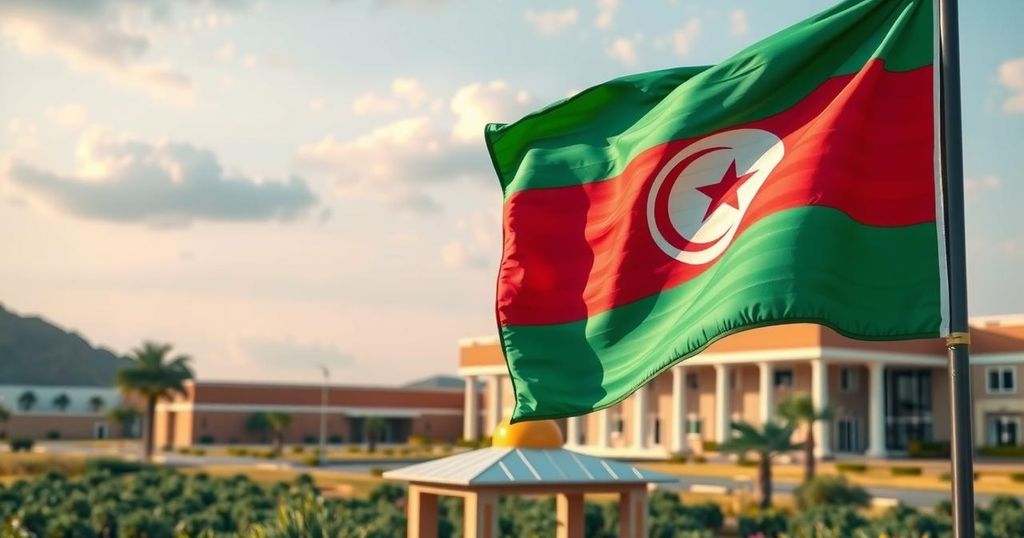The Sudanese embassy in Libya has urged nationals to respect local laws and customs, avoid unnecessary gatherings, and limit travel. The government treats them as “honored guests,” providing aid amid Sudan’s difficulties. The embassy reassured that Sudanese are not targeted by immigration measures, refuting claims on social media.
The Sudanese embassy in Libya has issued a call for its nationals in the country to adhere to local laws, customs, and traditions. It specifically urged community leaders to promote awareness among Sudanese residents about the significance of complying with these regulations. Additionally, the embassy encouraged limiting gatherings outside homes, minimizing unnecessary travel, and respecting neighbors’ rights to ensure harmony within the community.
In a statement posted on Facebook, the embassy clarified that the Libyan government views Sudanese nationals as “honored guests” and is committed to facilitating their needs, particularly in light of the ongoing challenges faced by Sudan. This approach aims to distinguish Sudanese individuals from illegal immigrants of other nationalities.
The embassy further emphasized its active communication with Libyan authorities and humanitarian organizations to help regularize the status of Sudanese people living in Libya. This initiative aims to provide necessary support and services amidst the current difficulties experienced by Sudan due to its circumstances.
Additionally, the embassy reiterated that the actions taken by Libyan authorities regarding illegal immigration are legitimate and part of their responsibilities, indicating that Sudanese individuals are not being unfairly singled out, countering claims made on certain social media platforms.
In summary, the Sudanese embassy in Libya has called on its nationals to respect local laws and customs while providing assurance of their favorable treatment by the Libyan government. The embassy is actively working with authorities and organizations to support Sudanese individuals in Libya, while clarifying misconceptions about their status in relation to illegal immigration measures.
Original Source: libyaobserver.ly




